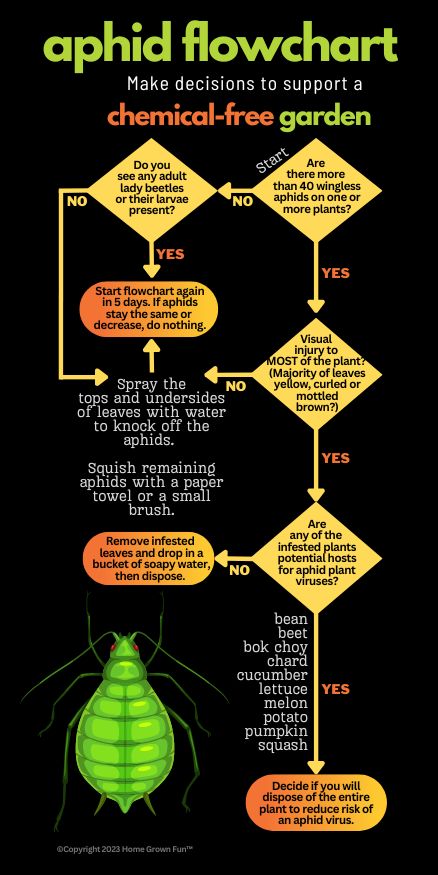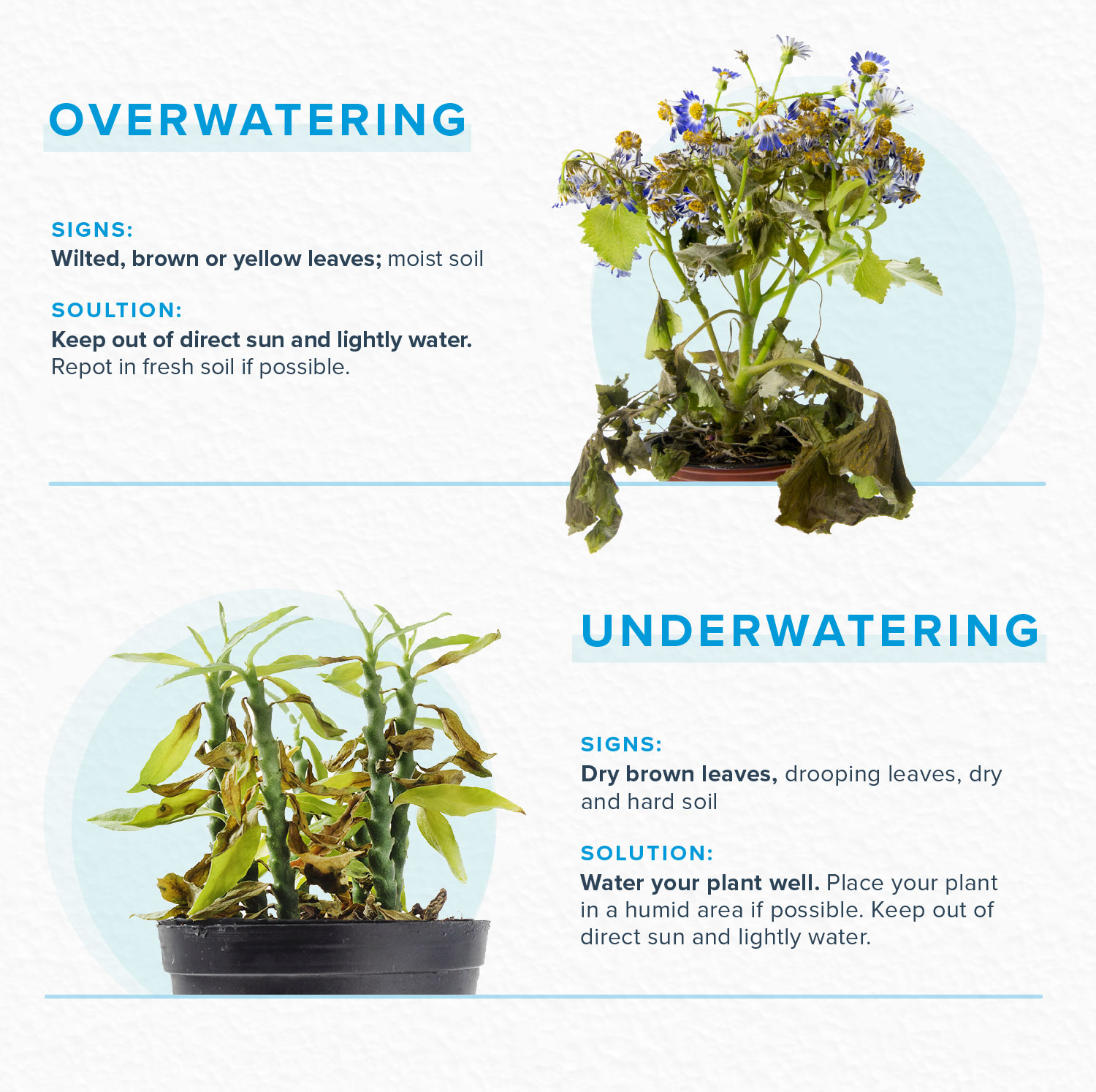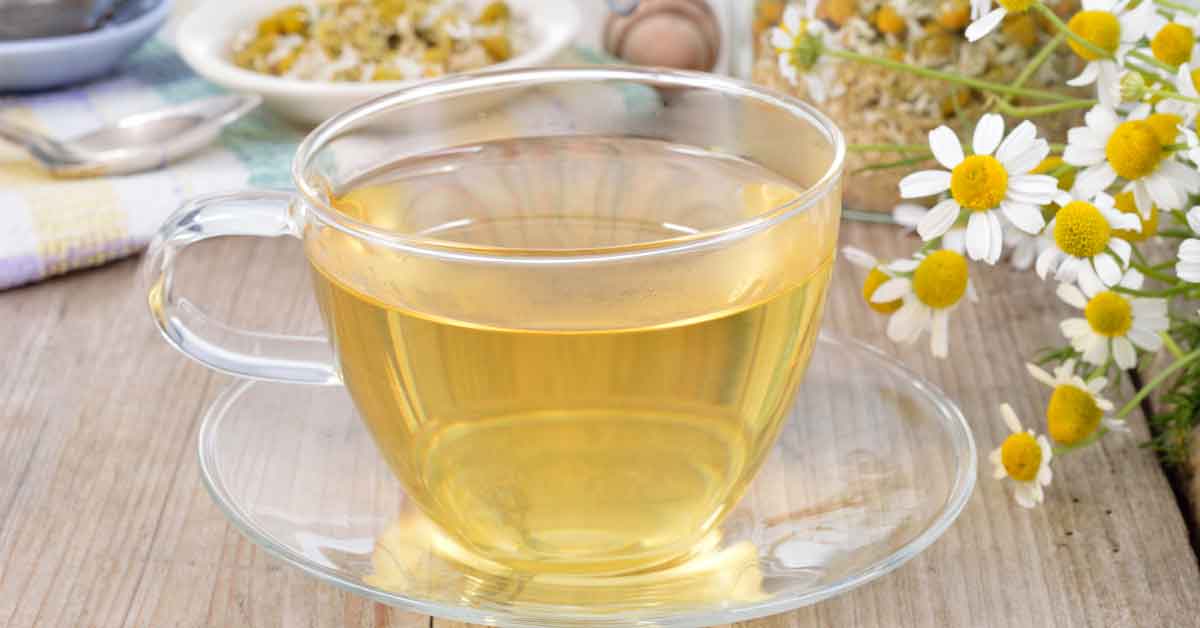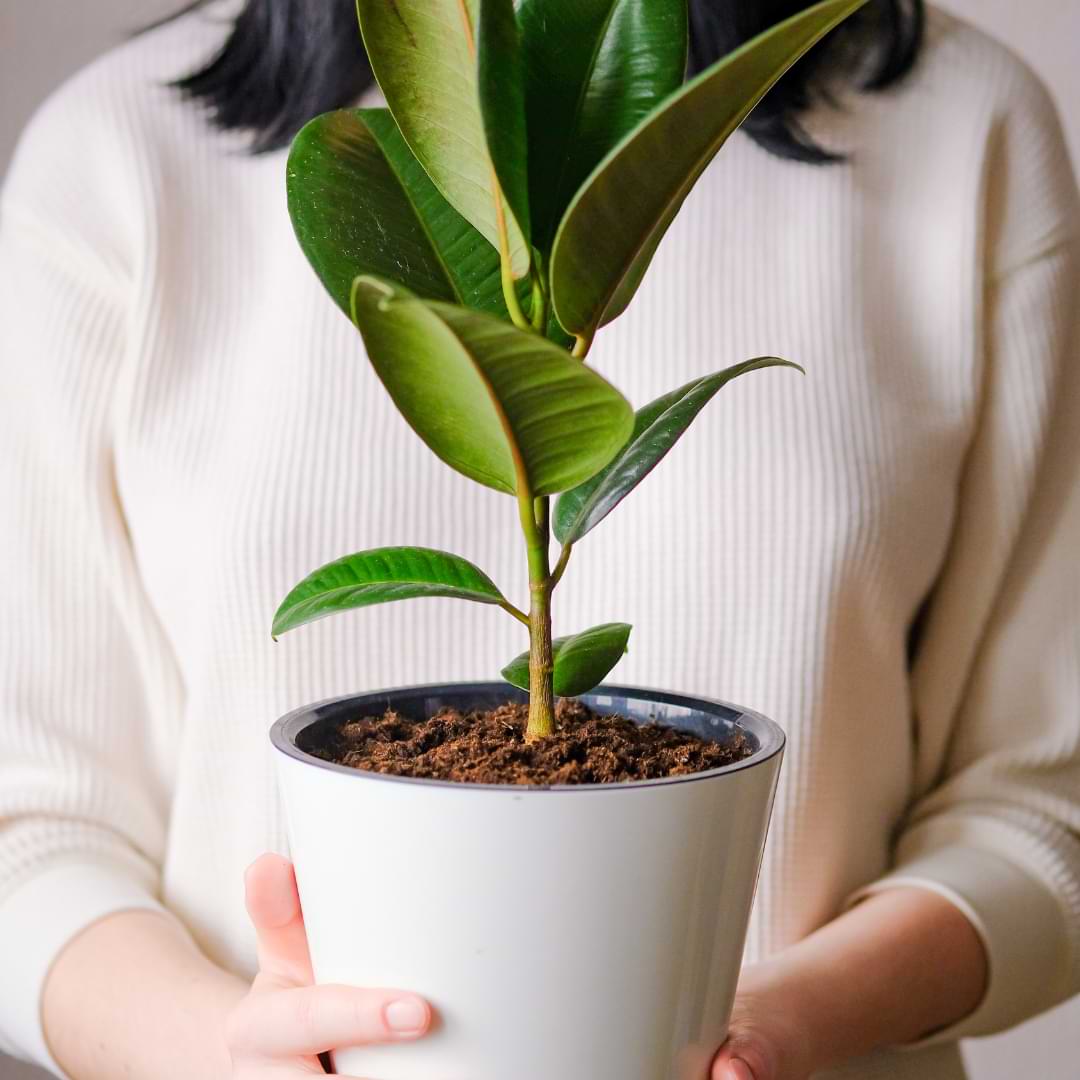How to treat aphids without chemicals
Aphids can wreak havoc on your plants if left untreated. These tiny, pear-shaped insects feed on plant sap, causing yellowing leaves, stunted growth, and even plant death. While chemical pesticides are a common solution, they can harm beneficial insects and contaminate the environment. Fortunately, there are several natural and eco-friendly methods to control aphid populations without resorting to harmful chemicals.
1. Introduce beneficial insects
Ladybugs, lacewings, and parasitic wasps are natural predators of aphids and can help keep their populations in check. You can attract these beneficial insects to your garden by planting nectar-rich flowers such as dill, fennel, and yarrow. You can also purchase beneficial insects from gardening stores and release them in your garden to help control aphids.
2. Use a strong blast of water
Aphids have soft bodies that are easily dislodged by a strong stream of water. Simply spray your plants with a hose to knock aphids off the leaves. Repeat this process every few days until the aphid population decreases. Be sure to focus the water on the undersides of leaves, where aphids like to hide.
3. Make a homemade insecticidal soap
You can make your own insecticidal soap by mixing 1 tablespoon of liquid dish soap with 1 quart of water. Spray this solution on your plants to suffocate aphids on contact. Be sure to test the solution on a small area of your plant before applying it more broadly to ensure it doesn’t cause any damage.
4. Grow companion plants
Planting certain herbs and flowers alongside your susceptible plants can help repel aphids. Marigolds, chives, garlic, and mint are all known to deter aphids with their strong scents. Consider interplanting these companion plants throughout your garden to create a natural barrier against aphids.
5. Neem oil spray
Neem oil, derived from the seeds of the neem tree, is a natural insecticide that can help control aphid populations. Mix 1-2 teaspoons of neem oil with a quart of water and a few drops of liquid dish soap. Spray this solution on your plants every 7-14 days to keep aphids at bay.
6. Prune infested areas
If you notice a heavy infestation of aphids on a particular plant, consider pruning away the affected parts. This can help prevent the spread of aphids to other plants in your garden. Be sure to dispose of the pruned material in a sealed bag to prevent aphids from reinfesting your garden.
7. Attract birds to your garden
Birds such as chickadees, finches, and titmice are natural predators of aphids and can help control their populations. You can attract these birds to your garden by providing bird feeders, bird baths, and birdhouses. Creating a bird-friendly environment can help keep aphid populations in check.
8. Apply a homemade garlic spray
You can make a homemade garlic spray by blending a few cloves of garlic with water and straining the mixture. Add a few drops of liquid dish soap to the solution and spray it on your plants to deter aphids. The strong scent of garlic can repel aphids and other pests from your garden.
9. Monitor and inspect your plants regularly
Regularly inspecting your plants for signs of aphids can help you catch infestations early and prevent them from spreading. Look for clusters of tiny, soft-bodied insects on the undersides of leaves and along stems. By monitoring your plants closely, you can take action against aphids before they cause serious damage.
10. Use reflective mulch
Reflective mulches such as aluminum foil or silver-colored plastic can help deter aphids by reflecting light and confusing them. Simply lay down strips of reflective mulch around your plants to create a barrier against aphids. This method is especially effective for controlling aphids in greenhouse environments.
- By implementing these natural and eco-friendly methods, you can effectively treat aphids without resorting to harmful chemicals. Protecting your plants from aphids will not only ensure a healthy garden but also promote a balanced ecosystem in your backyard. Try out these methods and see which ones work best for your garden!



